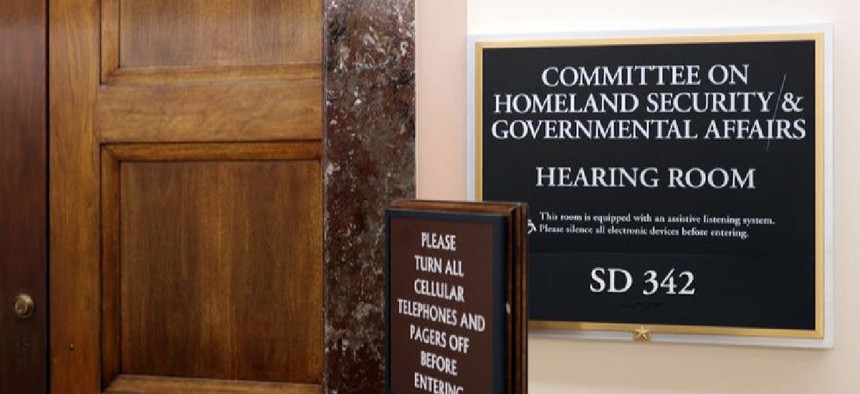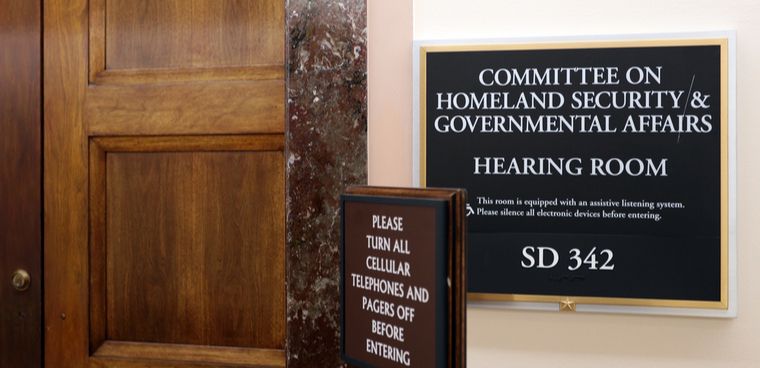FLRA faces backlogs, staffing woes

The agency has been without a general counsel for years, leaving it unable to resolve charges of unfair labor practices, but the Senate is poised to confirm new leadership.

Appointees to the Federal Labor Relations Authority, charged with overseeing union-agency relations across the federal government, are facing an backlogs, staff shortages and flagging employee morale at the agency.
Things could change, as the Senate is poised to confirm new leadership. Three nominees to serve on the agency testified Wednesday before the Senate Homeland Security and Government Affairs Committee.
The Biden administration elevated Democrat-appointee Ernest DuBester to acting agency chair in advance of his nomination for the same post. Susan Grundmann to serve on the panel and Kurt Rumsfeld to be the FLRA's general counsel.
Currently, one Trump nominee, Colleen Kiko, is serving on the three-person board with a term expiring in 2022, and another, James Abbott, is serving on an expired term.
The agency is facing backlogs both in its general counsel's office and before its three-person board.
FLRA has been without a general counsel since fall 2017, leaving it unable to resolve unfair labor practice disputes, which the general counsel investigates and prosecutes. An acting general counsel assumed the role in March 2021, but there's still a "significant backlog," both of complaints and appeals, Rumsfeld said.
FLRA is also dealing with depleted staffing levels.
The number of FLRA employees has nearly halved since 2009. This is particularly acute in the General Counsel's Office, according to FLRA budget documents for fiscal year 2022.
This "obviously affects the OGC'S ability to address the [unfair labor practices] backlog, particularly since the OGC has lost attorneys who had experience litigating ULP complaints, but it has also adversely affected employee morale," said Rumsfeld on Wednesday.
FLRA asked for a 10% increase in funding for the current fiscal year over 2021 enacted levels. The agency wants to hire at least 12 employees, 10 of which would go to the general counsel's office.
Addressing the backlog of ULPs with a "comprehensive case management plan" will be his top priority, said Rumsfeld, and he'll "have a keen focus" on hiring the employees needed to do so.
The agency is also facing a backlog of cases before its three-member panel, although it hasn't risen to the magnitude of other backlogs as recent as 2009, said DuBester.
The elimination of the agency's decades-old Collaboration and Alternative Dispute Resolution Office has contributed to this, according to the agency's budget documents.
The backlogs have had ripple effects across the agency. Combined with staffing losses, they've forced the FLRA has had to curb its training and guidance work.
At the same time, FLRA is anticipating a surge in workloads now that the general counsel's office is issuing complaints. It's also anticipating work to come in as agencies implement a Biden executive order that directed them to revise parts of collective bargaining agreements affected by rescinded Trump-era orders, according to budget documents.
Morale is also a big issue. The agency's place in the Best Places to Work in the Federal Government rankings, which measure employee engagement, sank from the one of the top three among small agencies to second to last over the last four years.



